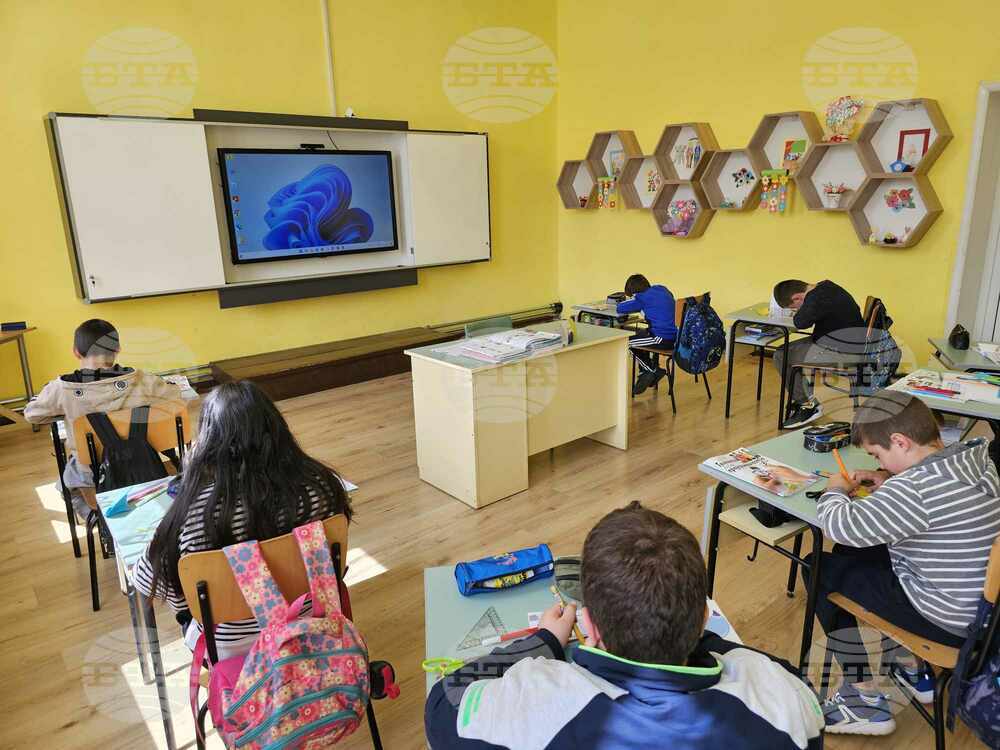site.btaExpert Calls for Cybersecurity Classes in Schools


The ongoing digital transition makes it imperative to introduce cybersecurity as a school subject, the President of the Bulgarian Association of Certified Ethical Hackers (BACEH), Rostislav Petrov, told BTA in an interview. BACEH has spent years campaigning for that. According to Petrov, it is beyond doubt that studying cybersecurity at school is as important as having physical education or design and technology classes.
"Our kids walk around, phone in hand, all the time," he said, stressing the need for digital hygiene. If a child does not maintain a healthy and secure digital lifestyle, he or she may get its phone infected with a computer virus, which may be spyware or a Trojan horse. After the kid comes home, his parents can get eavesdropped on, and later blackmailed for something they said, Petrov theorized. "It then becomes possible to monitor the cameras, tap the microphones, read chatroom messages, follow processes in the telephone, photos and all sorts of electronic files available in it. Therefore, it is crucial to improve the digital hygiene of our whole society," he said.
Another reason to introduce cybersecurity as a school subject to be taught at least once a week, is that a higher level of digital culture, once acquired, has the capacity to spread security around. After a kid grows up and gets a job, he will maintain in his workplace the digital hygiene he acquired at school. "This means that the security of the company, the institution he works in, private or public, increases automatically. It will give protection not only to the person who possesses digital culture but also to everyone around him as well as to the information resources of his institution," Petrov said.
He argued that when a person with basic digital hygiene receives something in his email, he will become alert and will say to himself: wait, it may be wiser not to open this, I should check it first to see where it came from, whether there is something wrong. "It is the same as when you prepare to cross the street, you look to the left, you look to the right, and then you go ahead. It has become a habit. Likewise, society should acquire the habit of maintaining digital hygiene," Petrov said.
Asked which school level would be appropriate to start digital education, the expert said the matter should be discussed with educators in order to make the best decision. "Basically, cybersecurity classes should begin from the moment that children begin using a telephone, but this requires careful deliberation," he said.
While admitting that today's young people are tech-savvy, Petrov noted that computer applications usually ensure high-speed use but not high protection. It is always possible to get a virus which is not detected by your anti-virus program. "It is a never-ending competition. Virus designers outwit those who update anti-virus programs, and vice versa."
Asked whether BACEH have discussed the idea of digital learning classes with government institutions, Petrov said initial talks were held quite some time ago. "It takes greater political stability to make things happen in this area. But even if there is no stability, time itself will push the process onward and it will happen sooner or later. Someone should have an interest in the matter, but there are many other problems in Bulgaria at first glance, and they require attention too," he said.
"There are many experts who are knowledgeable and capable of providing cybersecurity, but few of them have the talent to teach others," Petrov noted. In addition to having both knowledge and teaching skills, its is necessary to have motivation, to be drawn to the cause, he said.
The interview was taken by Asen Boyadzhiev.
/VE/
news.modal.header
news.modal.text